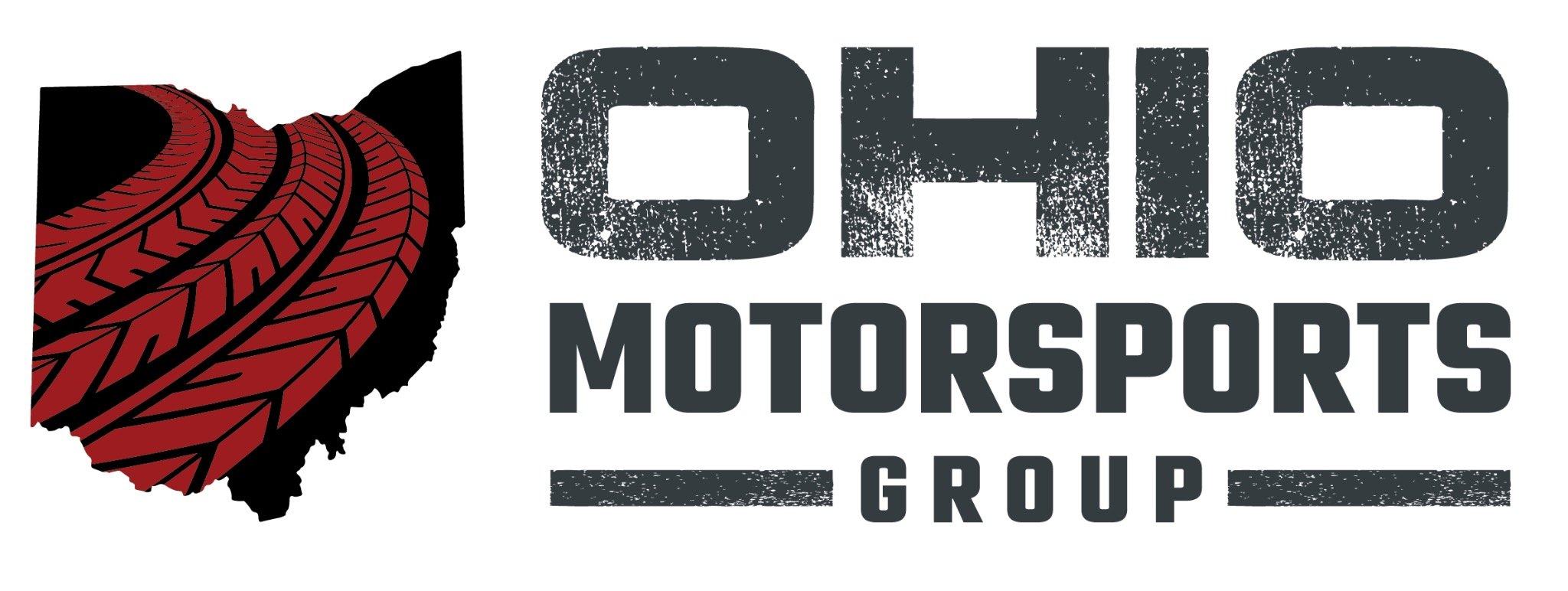-
Posts
10 -
Joined
-
Last visited
Content Type
Profiles
Forums
Gallery
Store
Events
Posts posted by jmbnnr4
-
-
Thanks for info guys. Really was lost on how to go about this mission. Was wondering what would be better........Tear down and take just the frame or can I get away with just taking the whole bike and having what is visible done?
-
Im lookin for someone with Tig Welding experience. Found a crack in my frame and dont want to replace it from lack of funds. Does anyone have any suggestions? Help me please!!!




Candidate faces criminal trial for open carry of motorcycle
in Daily Ride
Posted
DEFINITIONS
In order to understand the correct application of the statute in question, we must first define the terms used in connection with this point of law. As will be shown, many terms used today do not, in their legal context, mean what we assume they mean, thus resulting in the misapplication of statutes in the instant case.
AUTOMOBILE AND MOTOR VEHICLE
There is a clear distinction between an automobile and a motor vehicle. An automobile has been defined as:
American Mutual Liability Ins. Co., vs. Chaput, 60 A.2d 118, 120; 95 NH 200
While the distinction is made clear between the two as the courts have stated:
International Motor Transit Co. vs. Seattle, 251 P. 120
City of Dayton vs. DeBrosse, 23 NE.2d 647, 650; 62 Ohio App. 232
The distinction is made very clear in Title 18 USC 31:
Clearly, an automobile is private property in use for private purposes, while a motor vehicle is a machine which may be used upon the highways for trade, commerce, or hire.
TRAVEL
The term "travel" is a significant term and is defined as:
25 Am.Jur. (1st) Highways, Sect.427, Pg. 717
Locket vs. State, 47 Ala. 45;
Bovier's Law Dictionary, 1914 ed., Pg. 3309
Century Dictionary, Pg. 2034
Therefore, the term "travel" or "traveler" refers to one who uses a conveyance to go from one place to another, and included all those who use the highways as a matter of Right.
Notice that in all these definitions, the phrase "for hire" never occurs. This term "travel" or "traveler" implies, by definition, one who uses the road as a means to move from one place to another.
Therefore, one who uses the road in the ordinary course of life and business for the purpose of travel and transportation is a traveler.
DRIVER
The term "driver" in contradistinction to "traveler," is defined as:
Bovier's Law Dictionary, 1914 ed., Pg. 940
Notice that this definition includes one who is "employed" in conducting a vehicle. It should be self-evident that this individual could not be "travelling" on a journey, but is using the road as a place of business.
OPERATOR
Today we assume that a "traveler" is a "driver," and a "driver" is an "operator." However, this is not the case.
Newbill vs. Union Indemnity Co., 60 SE.2d 658
To further clarify the definition of an "operator" the court observed that this was a vehicle "for hire" and that it was in the business of carrying passengers.
This definition would seem to describe a person who is using the road as a place of business, or in other words, a person engaged in the "privilege" of using the road for gain.
This definition, then, is a further clarification of the distinction mentioned earlier, and therefore:
The rest can be found......................... just search right to travel.